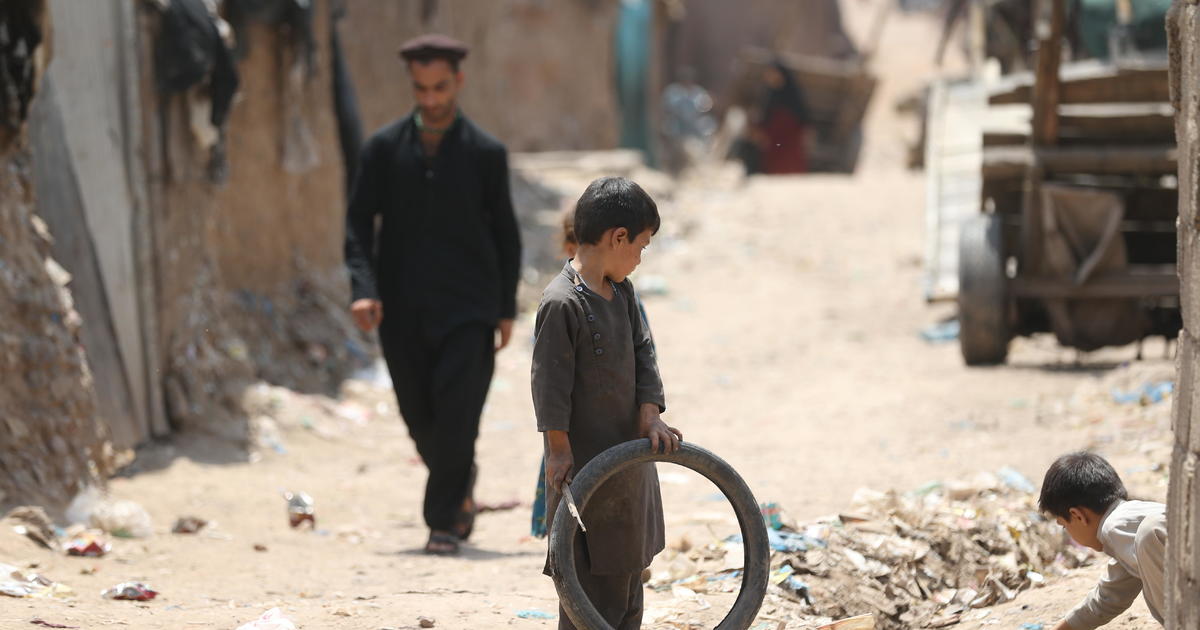- Joined
- Jan 22, 2017
- Messages
- 14,740
- Reaction score
- 22,575
- Location
- U.S.A.
- Gender
- Female
- Political Leaning
- Libertarian - Left

U.S. is rejecting over 90% of Afghans seeking to enter the country on humanitarian grounds
The U.S. last year resettled tens of thousands of Afghans following the Taliban takeover. But it left behind many at-risk Afghans, including family members of U.S. military translators.
Hussain explained in a signed affidavit that his brother — and his wife and young children — were in great danger because of his own years of working with the U.S.-backed Afghan government, as well as the assistance Hussain provided to the U.S. military in its fight against the Taliban.
But the evidence he submitted, ranging from Afghan government IDs and passports, to news articles detailing Taliban attacks against Hazaras and U.S. translators, was not enough. Hussain's application on behalf of his brother was denied by U.S. Citizenship and Immigration Services (USCIS) on December 29, 2021.
Since July 2021, USCIS has received over 46,000 applications from Afghans hoping to come to the U.S. through the parole process. But most parole applications from Afghans remain unresolved — and over 90% of fewer than 5,000 fully adjudicated requests have been denied, USCIS statistics shared with CBS News show.
When the U.S. rejected his parole application, Mohammad said he felt "like a dead person but breathing." The affidavit included in his application said the Taliban has access to his files and former office in the presidential palace, where Mohammad worked as a painter and architect in the Office of the President.
"We don't feel safe," he said through a translator. "We don't know what will happen in an hour. We don't know what will happen tomorrow."
Alexander Wu, a former U.S. Marine Corps captain who served with Hussain during his 2012 deployment in Afghanistan's Helmand province, said his former translator should not have to worry whether his family members will be harmed or even killed.
"Awful stuff happens everywhere but this is something that is uniquely a direct result of a U.S. policy choice," Wu said. "These are people that we served with."
Two months after Russia invaded Ukraine, the Biden administration launched a program dubbed Uniting for Ukraine to allow private individuals to help those displaced by the war come to the U.S. Unlike parole cases, which require $575 application fees, the Uniting for Ukraine program is free.
The least the U.S. can do, Wu said, is offer Hussain's family a viable pathway to come here.
"They served our country and theirs. But it was an allyship with us," Wu said. "Turning our backs on them is shameful."
Absolutely disgusting. Helping these people is the bare moral minimum. If we won't even protect the people we directly work with, why would any group in the future ally themselves with the US? We have been carefully building a world that hates us for decades and if we don't do better one day we are going to pay for it.

